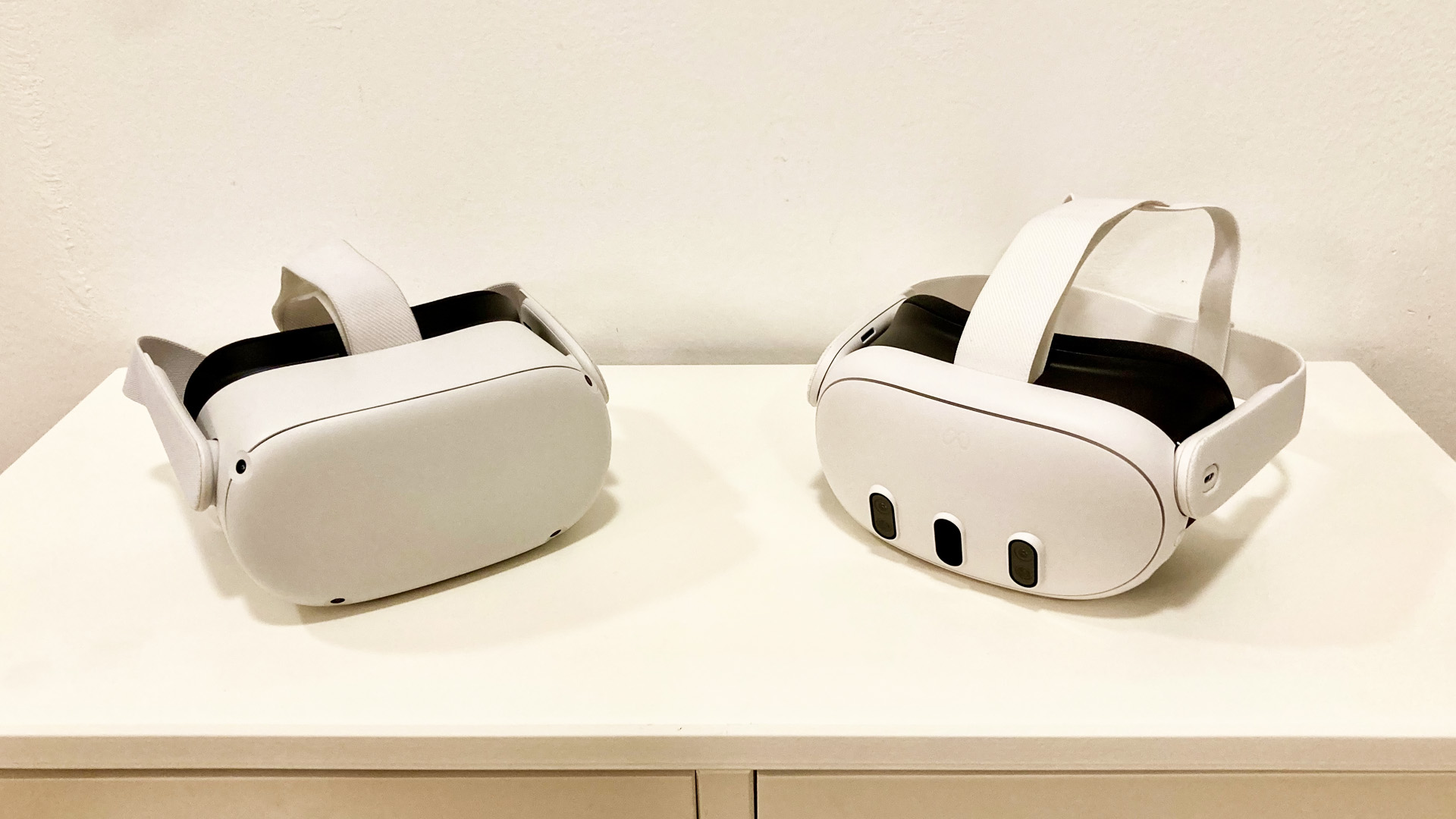“Vulnerability in Meta’s Quest VR System Allows Hackers to Spy on User Data and Manipulate Social Interactions”
New Study Reveals Vulnerability in Meta’s Quest VR System
A recent study published by the University of Chicago, as reported by the MIT Technology Review, has uncovered a concerning vulnerability in Meta’s Quest VR system. The researchers were able to inject malicious code into the Quest operating system through an application that creates a digital clone of the Quest home environment.
During the study, 27 test subjects were unknowingly hacked by the researchers, who were able to spy on user data and manipulate social interactions within the VR system. The malicious code was activated when users exited an app and returned to the home screen, with only a few users noticing any suspicious activity.
Developer Mode Identified as the Main Vulnerability
Once inside the system, the researchers had access to track speech, gestures, keystrokes, browser activity, and even manipulate the content of messages sent by users. However, to carry out such an attack, hackers would need access to the user’s Wi-Fi network and the VR headset would have to be in developer mode, allowing for remote access via the Wi-Fi network.
A Meta spokesperson has stated that the company will review the findings of the study, and an independent peer review is also pending. This vulnerability highlights the importance of ensuring the security of VR systems and the potential risks associated with developer modes.
Previous VR Vulnerabilities
This is not the first time VR systems have been targeted by hackers. In 2018, US computer specialists were able to hack VR headsets such as the Oculus Rift and HTC Vive, stealing sensitive user data. The vulnerabilities in these systems were exploited by infecting a computer with malware to bypass security barriers and gain access to the VR interfaces.
As VR technology continues to advance, it is crucial for companies to prioritize security measures to protect user data and ensure a safe virtual environment for all users.
